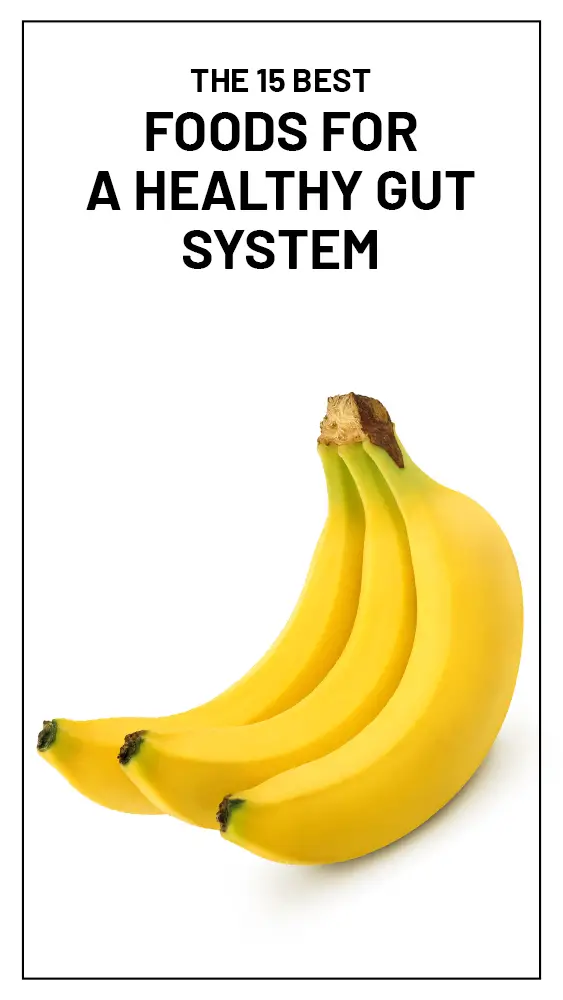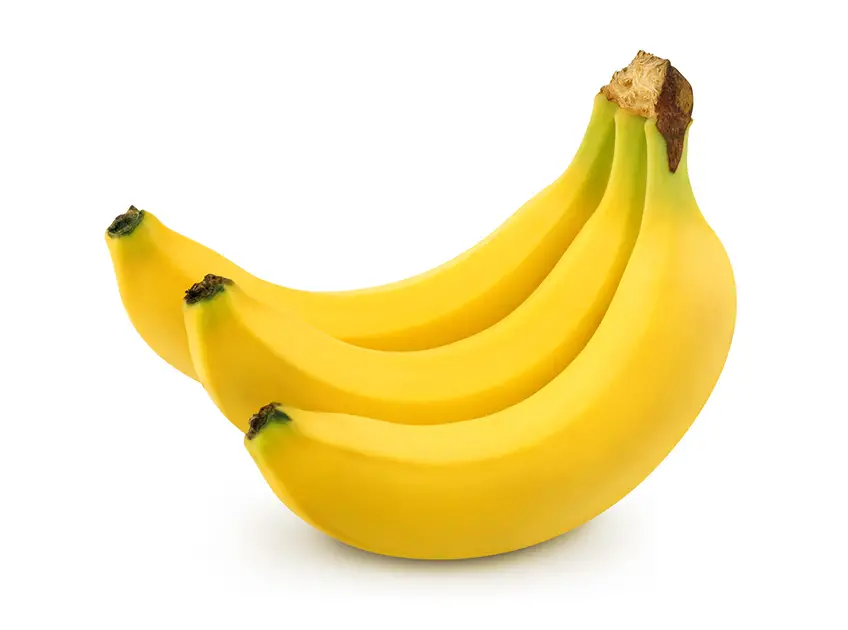
Important: This article is for informational purposes only. Please read our full disclaimer for more details.
Let us tell you one secret to gut health – it is taking care of the healthy gut bacteria. These not only keep Candida albicans (yeast) under control), but they also help break down the foods you eat, aid optimal nutrition absorption, and eliminate toxins. The medical profession is even admitting that when your gut flora is in trouble, you are in trouble. So, how do you avert it? Instead of jumping into pills and supplements, and since you are what you eat, we have prepared a list of foods to eat to ensure your gut functions at its best.
Best Foods For A Healthy Gut
1. Kombucha
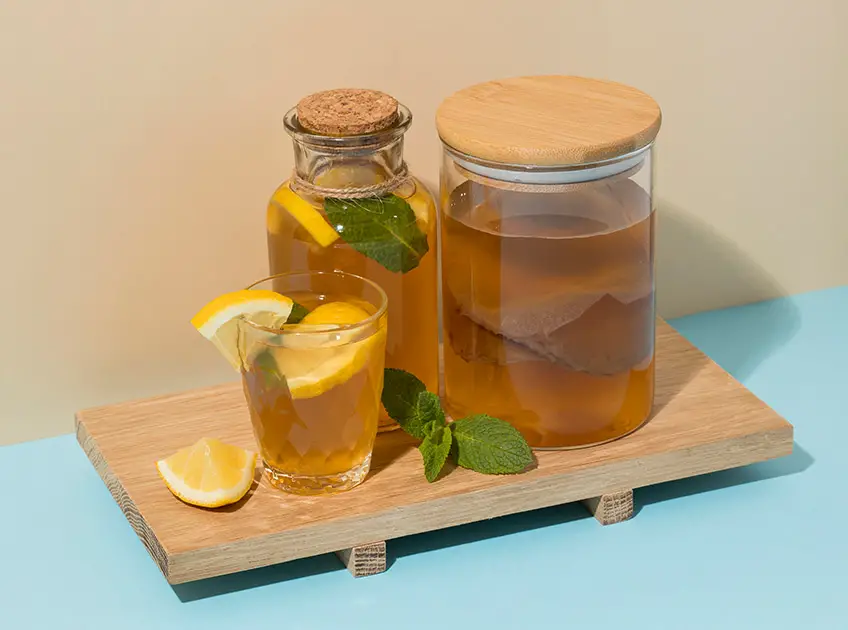
Kombucha undergoes fermentation, and this means the beverage is rich in probiotics to help populate the gut microbiome. The tea is also rich in antioxidants, which fight free radicals and protect the digestive system. And some research also shows how it can heal stomach ulcers.
2. Garlic
Garlic can act as a prebiotic, and this helps boost the health of gut bacteria where it also acts as an antifungal. But it is also high in fructans, which is why we recommend people with IBS avoid it – as they might have difficulty in digesting garlic. Being a prebiotic also makes garlic an important food for gut probiotics to thrive. Prebiotics in garlic are indigestible and hence remain in the intestine, and the existing probiotics can use these as food.
[ Recommended: Best Foods That Help Fight Depression ]
3. Kimchi
This Korean food contains tons of gut-friendly bacteria. Also, the longer kimchi ferments, the more probiotics grow. Studies show how repopulating the gastrointestinal tract with good bacteria can prevent gut-related issues.
4. Apple Cider Vinegar
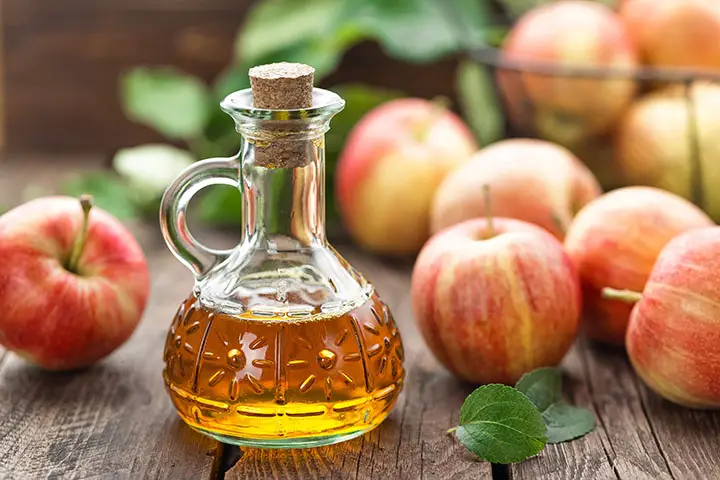
Studies have shown how vinegar can help reduce the growth of Staphylococcus aureus, which are unhealthy bacteria that cause inflammatory conditions like leaky gut. Apple cider vinegar also has antiviral, anti-yeast, and antifungal properties – all of which support the gut microbiome and improve the overall gut health. ACV is also known to treat heartburn and indigestion.
5. Honey
Though not a probiotic, honey can serve as a prebiotic. Studies have found that consuming prebiotics can help increase the levels of healthy bacteria in the gut. Studies also show how replacing sugars in our food with honey can improve the health of gut microflora.
6. Blueberries
Some studies show that the anthocyanins in blueberries can diversify gut bacteria and improve gut health. A cup of blueberries also contains 3.6 grams of fiber, which promotes regularity and supports digestion.
[ Recommended: High Fat Foods That Are Super Healthy ]
7. Dark Chocolate
Studies show that intake of cocoa (which is what dark chocolate is made of) can improve the health of the friendly bacteria in the gut. Though more research is needed, this sure is a step in the right direction. What is even more interesting is the fact the gut microbes, in turn, unlock dark chocolate’s anti-inflammatory properties. Which may be due to its high magnesium content.
8. Yogurt
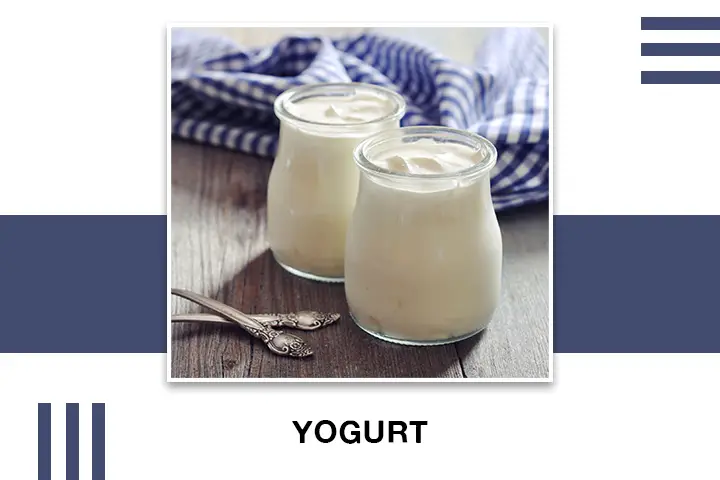
Yogurt (and most yogurt products) contains live strains of the healthy bacteria found in the digestive system. This helps boost your overall digestive health. Just a quick tip – look for the phrase “live active cultures” on the label before you buy yogurt. Use plain yogurt, not sugared, flavored, or with fruit added.
9. Potato Starch
This is the resistant starch that is also often termed ‘gut superfood.’ Resistant starch works like soluble and fermentable prebiotic fiber. It travels through the stomach and small intestine undigested, and as it reaches the colon, it feeds the friendly bacteria and boosts gut health.
10. Beans
Beans, or any legume for that matter, help release short-chain fatty acids that strengthen intestinal cells. They also enhance nutrient absorption. Beans also contain high amounts of fiber that nourishes the gut bacteria. Research shows how beans also improve gut health by enhancing intestinal barrier function.
11. Broccoli
Broccoli has shown to improve the symptoms of leaky gut, which happens when the intestinal barrier is compromised. Broccoli contains fiber, which is another reason it can be good for your gut.
12. Bone Broth
Gelatin is a critical constituent of bone broth, which plays a role in improving the strength of the gut lining. This protects against inflammation and leaky gut. Studies show how gelatin supports the health and integrity of the intestines.
[ Recommended: Heart-Healthy Foods You Must Include in Your Diet ]
13. Sauerkraut
Sauerkraut is nothing but chopped up fermented cabbage leaves. The bacteria on the surface of the leaves ferment the veggie’s natural sugars, and the result is sauerkraut. It contains live probiotics that improve digestive health. By helping to create a healthy gut microbiome, sauerkraut can be beneficial for leaky gut syndrome, ulcerative colitis, and IBS.
14. Turmeric
Turmeric helps prevent the overproduction of bile acid, and this assists in the production of beneficial gut bacteria. The other antioxidants and anti-inflammatory properties of this spice help digestion and ease stomach cramps.
15. Banana
This is especially true with green bananas. They are rich in resistant starch, which is a prebiotic. They also contain a combination of soluble and insoluble fibers. And as we saw, resistant starch feeds the beneficial gut bacteria.
These are the foods that you can regularly take to ensure your gut is functioning at its absolute best. Taking care of your gut can be simple with a few changes in your diet. If your gut is functioning well, it simply means your entire system is functioning well.
Also, Read:
- Can You Eat Pizza With Braces?
- 10 Best Food For Diarrhea
- 10 Foods High in Probiotics for Better Gut Health
